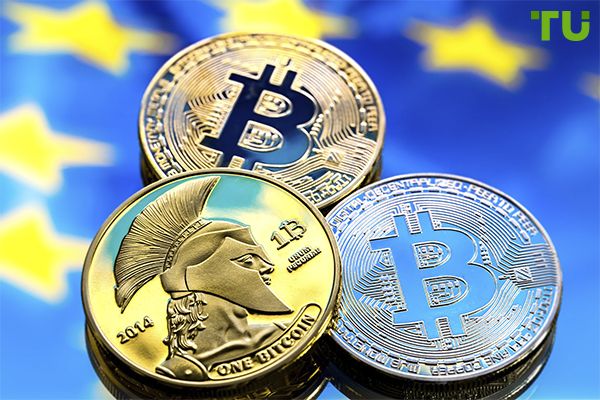EU elections: A new chapter for crypto industry
 EU elections: A new chapter for crypto industry
EU elections: A new chapter for crypto industry
The largest group in the European Parliament, the European People’s Party (EPP), has bolstered its influence, which could herald a more pragmatic approach to crypto regulation. This is seen as a stabilizing factor for the industry.
German MEP Markus Ferber from the EPP remarked that the party’s increased presence provides stability for the crypto industry due to its "pragmatic and technology-neutral approach to regulation", reports Cointelegraph.
The recent elections saw a decline in the center-left parties, which were known for their stringent stance on cryptocurrencies. This shift is expected to alleviate some regulatory pressures on the industry. For example, the Greens/EFA, which had previously pushed for strict measures against crypto activities, lost significant ground, reducing their ability to impose restrictive policies.
The surge of far-right parties, particularly in Germany and France, introduces another layer of complexity. While these parties often support economic freedom, their conservative views on financial regulation might lead to more stringent measures. Michael Gebert, chairman of the European Blockchain Association, cautioned that these parties might demand stricter Know Your Customer (KYC) and Anti-Money Laundering (AML) requirements.
Europe's adoption of the Markets in Crypto-Assets Regulation (MiCA) has positioned it as a pioneer in global crypto regulation. This regulatory framework aims to foster business while ensuring market integrity, a balance that stakeholders believe is crucial for the industry's growth. The next critical milestone for Europe’s crypto regulation is the development of MiCA II, which will address decentralized finance (DeFi), non-fungible tokens (NFTs), and decentralized autonomous organizations (DAOs).
The EU elections have set the stage for a potentially more balanced regulatory environment for the cryptocurrency industry. While the EPP's increased influence is seen as a positive development, the rise of far-right parties introduces uncertainty.
Moving forward, the focus will be on leveraging high regulatory standards to connect the digital asset space with traditional finance.
See also: Crypto liquidations drop 80% amid market stabilisation













































































































































